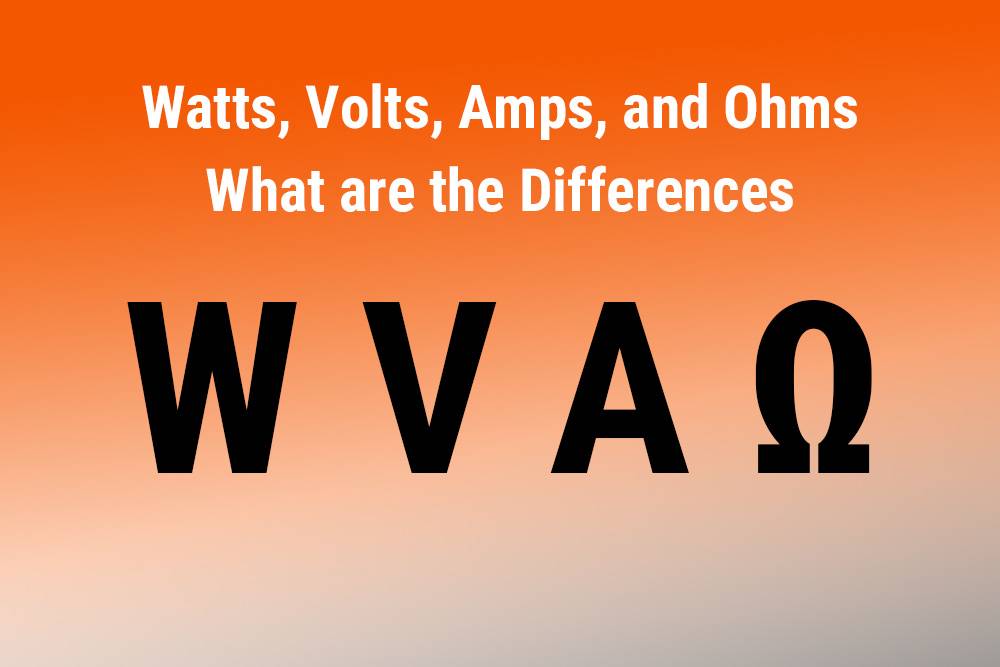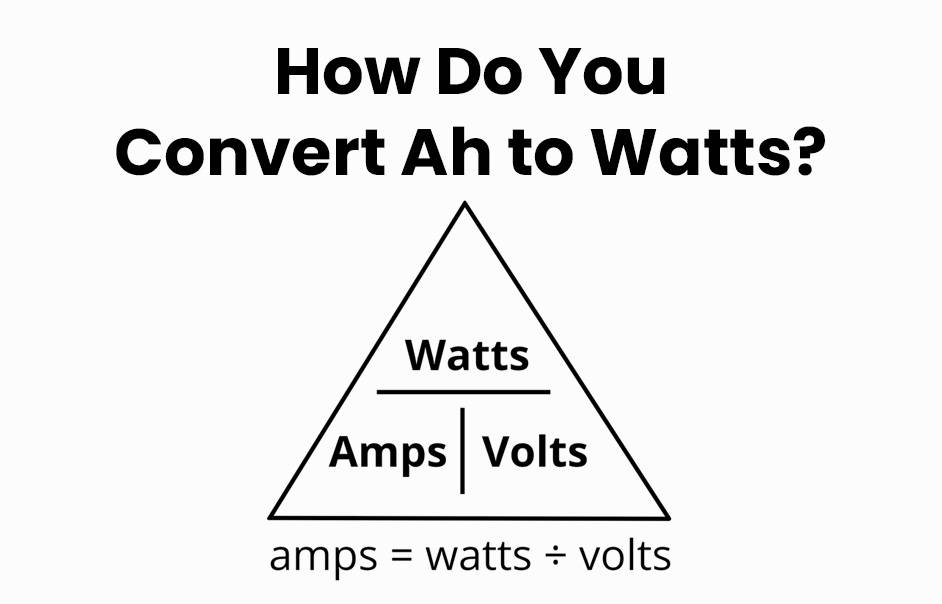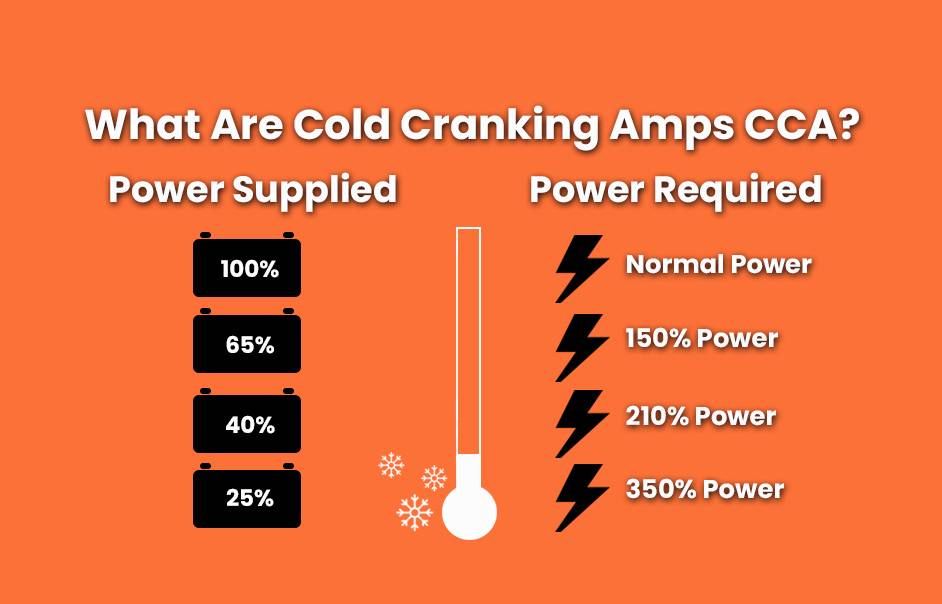
Blog
How to Understand the Importance of Voltage and Capacity in Batteries

Understanding the importance of voltage and capacity (measured in ampere-hours or Ah) in batteries is essential for selecting the right power source for your devices. Voltage indicates the electrical potential, while capacity determines how long a battery can supply power. Together, they influence performance, efficiency, and longevity.
What is Voltage in Electrical Systems and Why is it Important?
Voltage, measured in volts (V), represents the electrical potential difference between two points. It essentially acts as the “pressure” that pushes electric charges through a circuit. Understanding voltage is crucial because it affects how much power a device can draw from a battery. For instance, a higher voltage can drive more current through a load, increasing performance.
| Voltage Level | Description |
|---|---|
| 1.5 V | Common for AA batteries |
| 12 V | Standard for car batteries |
| 120 V | Typical household AC voltage |
| 240 V | Common in many countries for AC |
How Does Voltage Influence Battery Performance?
The voltage rating of a battery directly impacts its ability to power devices. Devices are designed to operate at specific voltages; using a battery with too low or too high voltage can lead to inefficiency or damage. For example, a device rated for 12 V will not function properly with a 6 V battery.
What is Ampere-Hour (Ah) and Why Does It Matter?
Ampere-hour (Ah) measures a battery’s capacity to store energy over time. It indicates how much current a battery can deliver for one hour. For example, a 4.0 Ah battery can provide 4 amps for one hour or 1 amp for four hours. Understanding Ah helps users gauge how long their devices will run before needing a recharge.
| Capacity (Ah) | Current Draw (A) | Duration (Hours) |
|---|---|---|
| 4.0 Ah | 4 | 1 |
| 2 | 2 | |
| 1 | 4 | |
| 6.0 Ah | 6 | 1 |
| 3 | 2 | |
| 1 | 6 |
How Do Voltage and Ah Work Together in Batteries?
Voltage and Ah are interconnected; together they define a battery’s overall energy capacity. The power output of a battery can be calculated using the formula:
This relationship illustrates how both voltage and capacity contribute to a device’s performance.
What is the Relationship Between Voltage and Capacity in Battery Selection?
When selecting batteries, it’s essential to consider both voltage and capacity. A higher voltage may allow devices to operate more efficiently, while adequate capacity ensures they run longer without recharging. Choosing the right combination based on device specifications will optimize performance.
Why Should You Understand Voltage for Better Battery Life?
Understanding voltage helps users avoid overloading devices or underutilizing batteries. Proper voltage matching ensures that devices operate within their designed parameters, leading to longer battery life and better overall efficiency.
How Can You Choose the Right Battery Based on Voltage and Ah?
To select the appropriate battery:
- Check Device Specifications: Identify the required voltage.
- Assess Usage Needs: Consider how long you need the device to run.
- Match Ratings: Ensure that both voltage and Ah ratings align with your device’s requirements.
Industrial News
Recent advancements in battery technology have highlighted the importance of both voltage management systems and capacity optimization techniques. Companies are developing smart batteries that adjust their output based on real-time needs, enhancing efficiency across various applications such as electric vehicles and renewable energy storage systems.
Redway Power Views
“Understanding both voltage and capacity is critical for maximizing battery performance,” states an expert from Redway Power. “By choosing batteries that match your device’s requirements, you not only enhance functionality but also extend battery life significantly.”
FAQ Section
Q: What does voltage indicate in a battery?
A: Voltage indicates the electrical potential difference that drives current through a circuit; it’s essential for determining device compatibility.Q: How does ampere-hour affect battery usage?
A: Ampere-hour measures how long a battery can deliver a specific current; higher Ah ratings mean longer usage times before recharging.Q: Can I use any voltage battery for my device?
A: No, using an incorrect voltage can damage your device or prevent it from functioning properly.
- Q1: What is the importance of voltage in batteries?
- A: Voltage determines the potential difference and pushing force for the flow of electrons in batteries. It indicates the electrical pressure or energy available, which is crucial for devices to function optimally.
- Q2: What do amp-hours indicate in batteries?
- A: Amp-hours (Ah) indicate the capacity of a battery and how long it can provide power. Higher amp-hour ratings suggest a larger capacity and longer battery life.
- Q3: Are voltage and amp-hours interdependent?
- A: Voltage and amp-hours are independent of each other but collectively contribute to overall battery performance. Higher voltage provides a stronger push for electrons, while higher amp-hours indicate a larger capacity and longer runtime.
How to Use Ah and Wh for Informed Battery Choices?
When to Prioritize Ah Over Wh, and Vice Versa?
How Ah and Wh Assist in Comparing Battery Options?
What’s the Relationship Between Ah and Wh in Battery Capacity?
How Do Ah and Wh Impact Battery Performance?
















